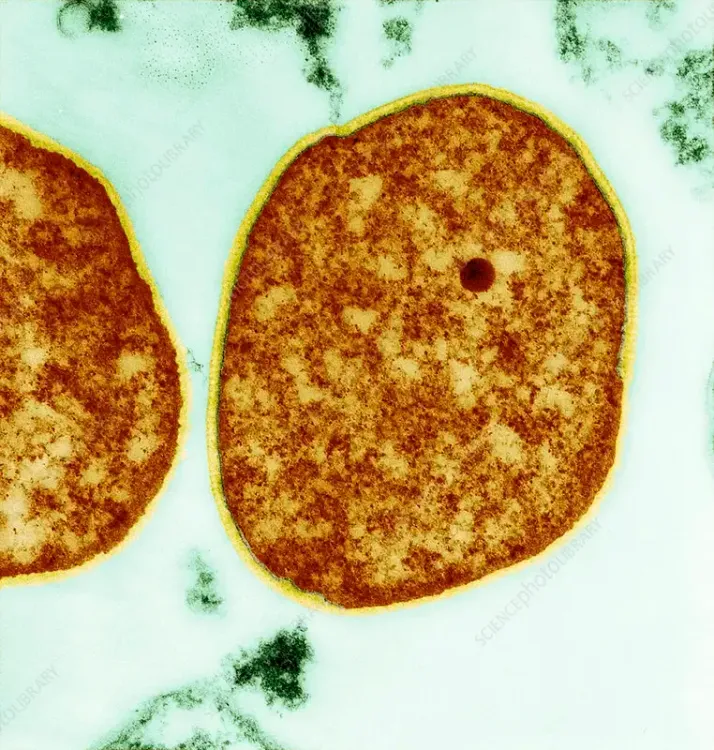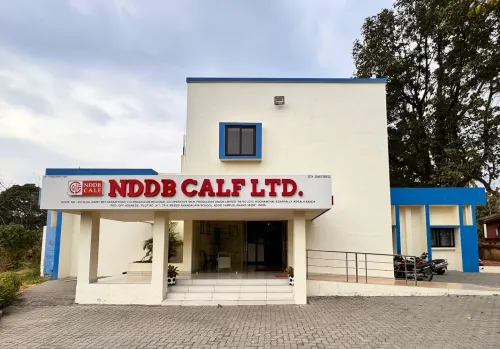Indian Researchers Discover Survival Mechanisms of Primitive Organisms on Earth

New Delhi, Dec 24 (NationPress) Researchers at the Bose Institute, an autonomous body under the Department of Science and Technology (DST), have investigated archaea — a category of primitive organisms — to uncover insights into how these microorganisms survive by adapting to extreme environments utilizing their toxin-antitoxin (TA) systems.
The term archaea, which translates to "ancient things" in Greek, refers to some of the most ancient forms of life on our planet, classified within the third domain of life.
Numerous archaea thrive in some of Earth's most extreme habitats, making them perfect candidates for examining how life can endure in severe conditions.
The research team, led by Dr. Abhrajyoti Ghosh from the Department of Biological Sciences, investigated how specific archaea toxin-antitoxin (TA) systems assist these organisms in withstanding elevated temperatures.
Published in the journal mBio, Ghosh and his colleagues focused on a particular TA system in a heat-loving archaeon known as Sulfolobus acidocaldarius to uncover its role in survival mechanisms.
This archaeon is found in extremely hot volcanic pools, such as those on Barren Island in the Andaman and Nicobar Islands of India, as well as other volcanic regions worldwide, where temperatures can reach up to 90 degrees Celsius.
A comprehensive examination of the VapBC4 TA system revealed its critical function during heat stress. The researchers discovered that the VapC4 toxin performs multiple roles, including inhibiting protein synthesis, aiding in the formation of resilient cells, and affecting biofilm development. In response to heat stress, a stress-activated protease (currently unidentified in archaea) may degrade the VapB4 protein, which normally regulates the activity of the VapC4 toxin.
Once the VapB4 is eliminated, the VapC4 toxin is unleashed and can inhibit protein production. This halting of protein synthesis forms part of a survival tactic that allows cells to develop into "persister cells" during stressful situations. These persister cells enter a dormant state, conserving energy and avoiding the synthesis of damaged proteins. This dormancy is crucial for their survival until environmental conditions improve, according to the scientists.










